Foam Free Gains Traction
Bill 40
In December 2019 the Honolulu City Council passed Bill 40, which requires businesses and restaurants on O‘ahu to phase out food packaging made out of polystyrene, also known as Styrofoam, and single-use plastics like straws, stirrers, and utensils over the next two years.
During the effort, some Hawai‘i businesses pushed back, saying that the ban would increase costs for local food and sacrifice jobs. Amendments were made to address their concerns, and when Mayor Kirk Caldwell signed the bill, he said, “It’s just one more step to a more green, more resilient future where we’re tackling our climate crisis.”
Maui became the state’s first county to ban polystyrene food containers, a law that went into effect on Dec. 31, 2018. The County of Hawai‘i followed with a ban that was implemented about six months after Maui’s law.
More than 100 cities and counties across the U.S. have partially or completely banned polystyrene. In March 2019, the European Parliament voted to ban single-use plastics in the E.U., including expanded polystyrene foam food and drink containers, with most products banned by 2021. According to a statement by the European Commission, “The products covered by this new law constitute 70 percent of all marine litter items. Due to its slow rate of decomposition, plastic accumulates in seas, oceans and on beaches in the E.U. and worldwide.”
“I hope this will continue to be a domino effect with even more cities around the world banning foam and plastics,” says Rafael Bergstrom, executive director of Sustainable Coastlines Hawai‘i. “We’ve been working on this issue for 10 years in Hawai‘i alone—and in a state surrounded by the ocean, this progress was a long time coming.”




